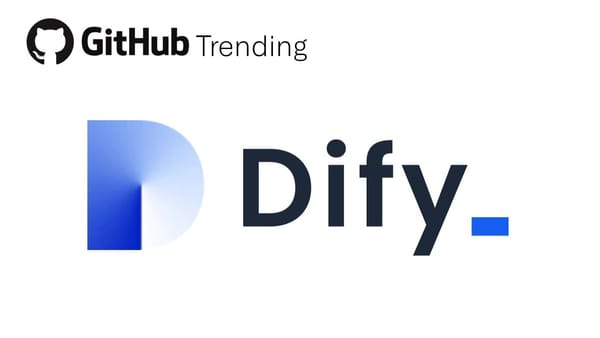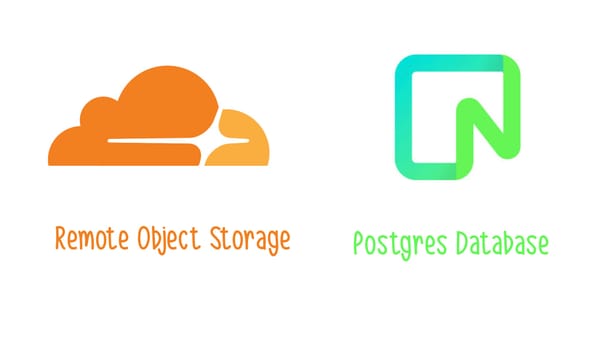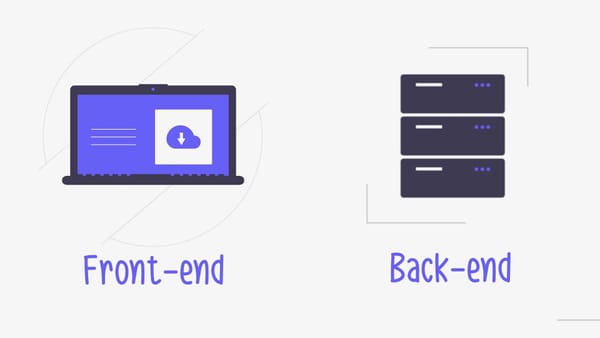
vector-search
Creating your own Vector Search engine
In this article, we'll dive deeper into creating your own vector search engine. Mainly, we'll look at the tokenization and vectorization process.
Hi, I'm Ben Zatrok. I've worked in IT since 2015 as a developer, project manager and later CTO. Currently I consult with businesses as a freelance tech lead. I write about web hosting in my free time.


vector-search
In this article, we'll dive deeper into creating your own vector search engine. Mainly, we'll look at the tokenization and vectorization process.

guide
I take a look at Dify, one of the top repos on GitHub’s explore feed. Dify is an LLM development platform where you can build RAG chatbots.

nextjs
It's time for our first integrations! Today we're connecting a Postgres DB from Neon and Cloudflare's R2 object storage for saving our pictures.

nextjs
Building our dashboard GUI reached a new milestone: setting up our back-end to accept uploads.

nextjs
I like to focus my coding to creation, rather than maintenance. Let's build our own dashboard GUI in NextJS. Part I - Front-end

analytics
Building my own analytics tracker to personalize my APIs. A Barebone Analytics script to track impressions and interactions.

vector
Vector databases take a fresh approach to searching for relevant data by using vector representations instead of text search.

git
Having a backup of our code and history of changes has saved my skin several times. Git is a complex and powerful tool, but for every use, knowing a few commands will get the job done in the vast majority of situations.

docker
In the previous articles, we created our own simple Docker image. Now we take a step further and run docker containers from open source images.

hosting
Previously, we've hosted a small piece of code. As complexity grows, this gets more difficult. We take a look at why containers make this easier.

hosting
Hands-on experience with creating your own containers is a great way to learn, but most content is aimed at developers. I wrote a series of articles explaining the concepts of hosting through self-hosting, keeping it simple. It's a great starting point for anyone interested in containerization.